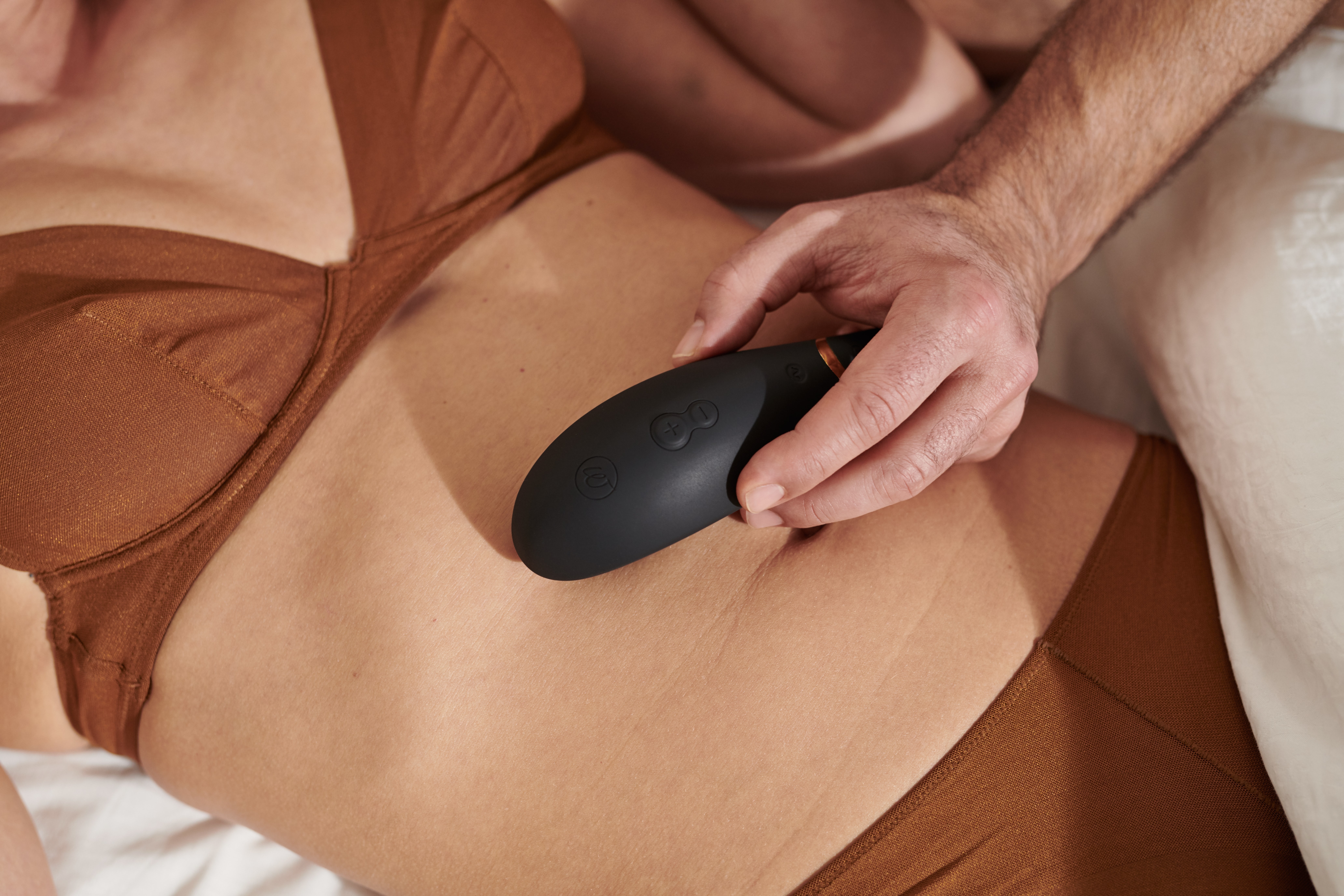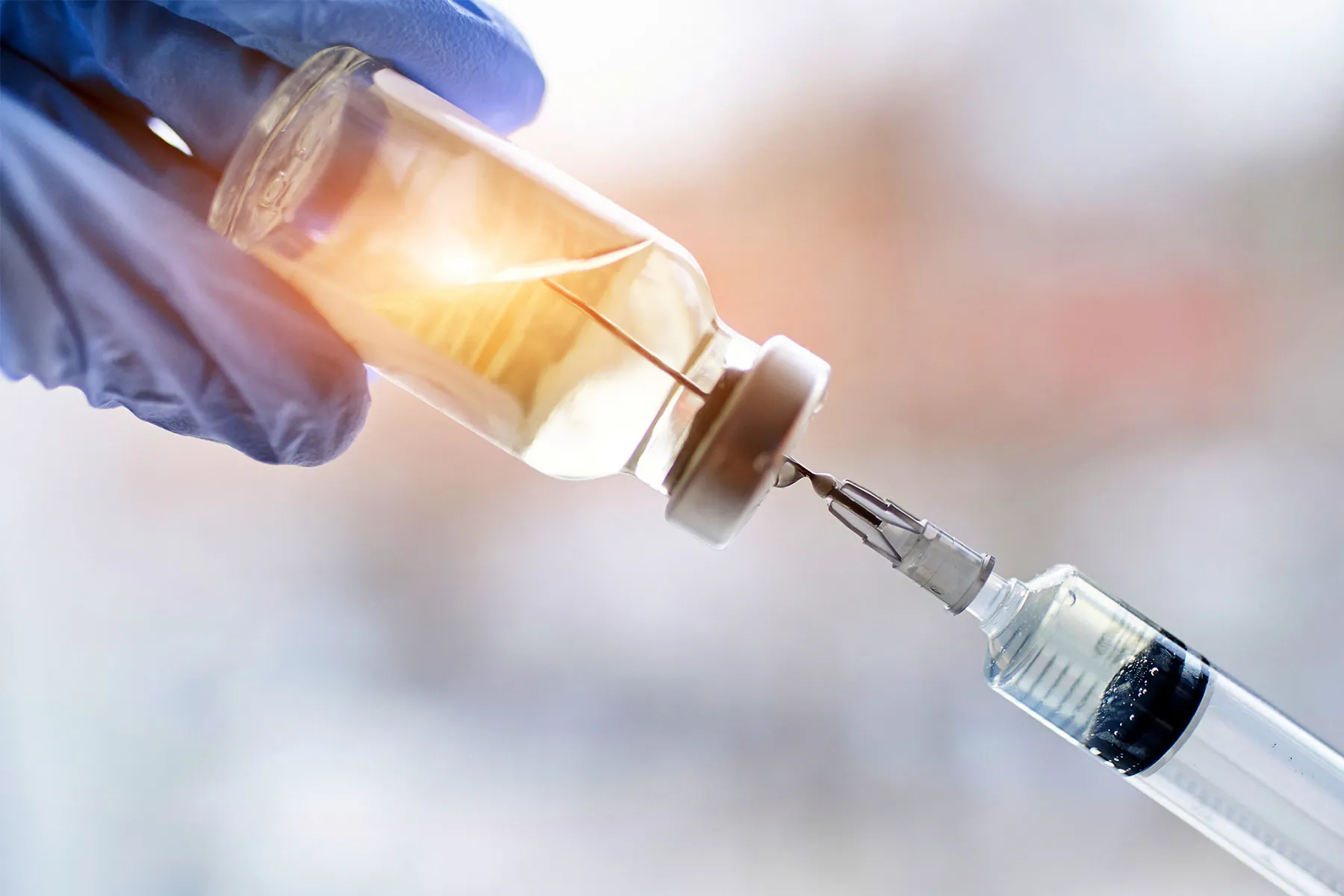Rate our content:
There was an error making your request , please try again!
Your evaluation is essential for us to continue improving the Pebmed Portal
The PEBMED Portal is intended for doctors and health professionals. Our contents inform recent panoramas of medicine.
If you are interested in publishing your curriculum on the internet, connecting with patients and increasing your differentials, create a free profile on AgendarConsulta, the partner site of PEBMED.
A good example of the positive impact of physical activity is pre-diabetes (diagnosed with altered fasting blood glucose levels, between 100 and 125 mg/dL, or glycated hemoglobin – HbA1c – between 5.7% and 6.4%), a situation that substantially increases the risk of developing diabetes in the years subsequent ones. To avoid the risk of progression, measures such as lifestyle change (MEV) and metformin have been evaluated in classic studies such as the 2002 DPP published in the NEJM. At a mean follow-up of 2.8 years, there was a 58% reduction in the incidence of DM in the SEM group compared to 31% in the metformin group (both compared to usual care), ie, SEM was superior to metformin in reducing incidence of DM. The SEM consisted of changes in diet, frequent reassessments made by professionals who monitored the patients, and moderate-intensity physical activity 150 minutes/week.

Make the best clinical decisions, update yourself. Sign up and access medical content written and peer-reviewed for free
Seeking a more definitive answer on the subject, a systematic review with meta-analysis was recently published in BMC Endocrine Disorders whose objective was to evaluate what would be the best type of physical activity to advise when considering DM2 prevention in pre-DM patients. For this, the authors selected studies whose intervention was aerobic physical activity (AAA), resistance activity (RA) or both compared with control activity (CA), which consisted of explaining the benefits of physical activity but without recommending its performance. The evaluated outcomes were fasting glucose (FG), HbA1c, BMI and insulin resistance, assessed by the HOMA-IR index. In the end, 13 articles, published between 1998 and 2019, were selected, totaling 567 participants from different countries. Most studies had a mean follow-up of 12 weeks.
Meta-analysis indicated that AAA or RA can reduce to HbA1c significantly when compared to AC. There was a small difference between AAA and AR, but not significantly in the direct meta-analysis:
Aerobic activity (AAA) vs. control (AC): mean difference: – 0.673 (-0.94 to -0.4, 95% CI)
Read also: Eating fruits daily may decrease the risk of developing diabetes type 2?
Conclusions
Although it does not exactly specify the effect of exercise on diabetes prevention, this meta-analysis showed evidence of its positive impact on the reduction of HbA1c in different modalities. Both aerobic activity and resistance activity and the association between them impact on the improvement of glycated levels in participants with pre-DM. This is important because we have evidence to recommend the activity that best fits the patient’s profile in face of other comorbidities that they present or even physical limitations for a certain type of exercise.
Bringing it to clinical practice, we must make it clear that physical activity is a fundamental part of the treatment, whether it is for which way the patient prefers, but as long as it is done with adequate frequency and intensity.
Author:
Resident Physician (R4) in Endocrinology (HCFMUSP) ⦁ Telemedicine at Hospital Israelita Albert Einstein (HIAE) ⦁ Medical residency in Internal Medicine at the Faculty of Medicine of the University of São Paulo ( FMUSP) ⦁ Graduated in Medicine from the São Paulo State University Júlio de Mesquita Filho (UNESP) – Botucatu School of Medicine ⦁ Instagram: @luiz_ffvieira
References :
See more benefits of being a PEBMED Portal user: See more benefits of being a user from the PEBMED Portal:
![]()
7 days free with the Whitebook Application made for you, the doctor, designed to bring security and objectivity to your clinical decision.
Free access to the Nursebook Access fundamental information for your daily life such as anamnesis, semiology.

Access free Forum Space for exchanging experiences and constructive comments on topics related to Medicine and Health.
The PEBMED Portal is intended for physicians and health professionals. Our contents inform recent panoramas of medicine.
If you are interested in publishing your curriculum on the internet, connecting with patients and increasing your differentials, create a free profile on AgendarConsulta, the partner site of PEBMED.
Note: This article has been indexed to our site. We do not claim ownership or copyright of any of the content above. To see the article at the original source Click Here














